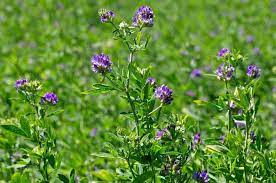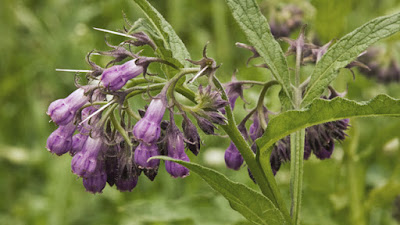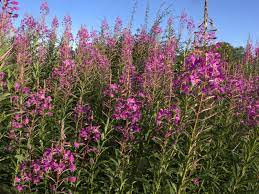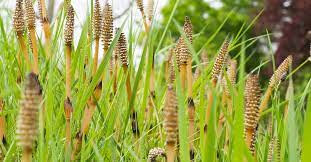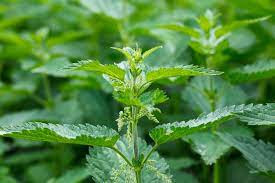Hydrogen peroxide is common in our first aid kit. But, how many of us are aware that hydrogen peroxide is also common in gardening. Hydrogen peroxide provides immense benefits for plants. We will discuss in detail about how hydrogen peroxide benefits plants, how much hydrogen peroxide is safe for plants, how to use hydrogen peroxide for plants and many more details.
Now, let's see what are the benefits of hydrogen peroxide to plants.
Hydrogen peroxide is very effective in maintaining a healthy root system.It treats root rots.
Apart from this it is used for
1. Hydrogen peroxide actually releases oxygen and provides additional oxygen supply to roots, thus promoting vigorous growth of plants.
2. Pest control
3. As a foliar spray that prevents fungus
4. Pretreating seeds
5. Treating soil fungus
6. Accelerate germination: Soaking the seeds in a weak solution of hydrogen peroxide will enhance sprouting rate immensely.
With so many benefits to plants what is that which exactly makes hydrogen peroxide beneficial to plants?
Similar to water, hydrogen peroxide is also made up of the same atoms of hydrogen and oxygen, except that hydrogen peroxide has one additional atom of oxygen and this is what gives it the beneficial properties.
We might also wonder, if hydrogen peroxide is harmful to plants?
After looking into the make up of hydrogen peroxide, which is very similar to water, hydrogen peroxide is definitely not harmful to plants, provided it is used in diluted quantities. Generaly 3% solution of hydrogen peroxide is the one which is commonly available in stores. They can also go upto 35%. When it comes to gardening purposes, 3% hydrogen peroxide (H2O2) is safe for plants.
The next common question is that, how much hydrogen peroxide should I use for the plants?
To give your plants a good boost of oxygen and to control the pests, dilute 5ml of 3% solution of hydrogen peroxide in 240 ml of water and spray it on the plants. If you want to treat plants with root rot or fungal infections, dilute 15 ml of hydrogen peroxide in 240 ml of water.
If you want to use hydrogen peroxide for a larger area of your garden, then consider using 35% hydrogen peroxide solution and dilute 1 part in 10 parts of water.
Once we know the amount to be used we also have the question, how often should hydrogen peroxide be used for the plants?
We can water the plants with hydrogen peroxide solution once a week and we can also use hydrogen peroxide after it rains.


